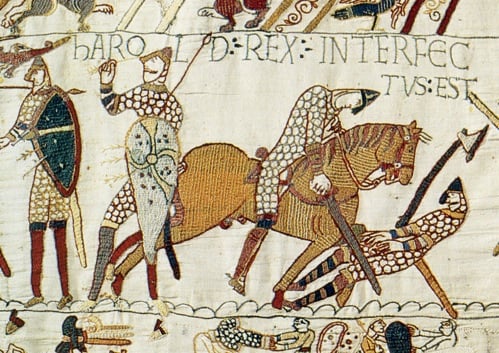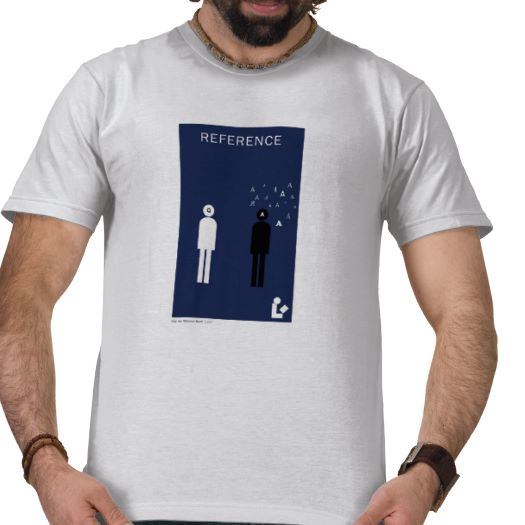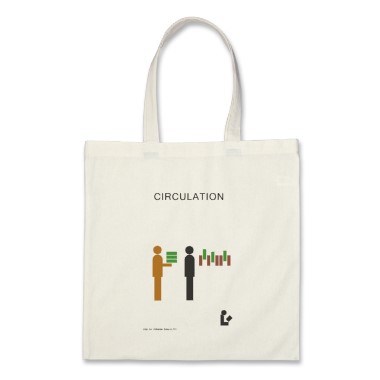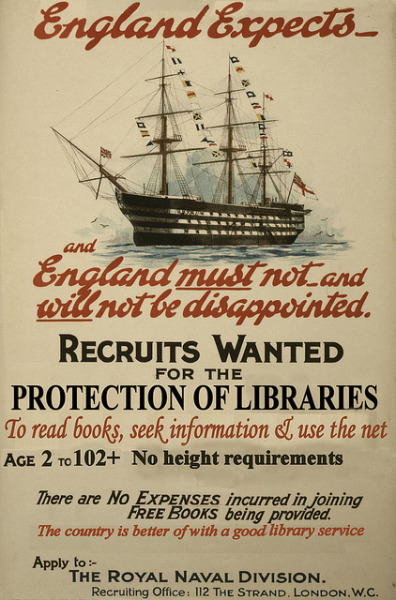 In February, the Globe and Mail ran an article proclaiming the pending demise of eBook piracy. The nails in the coffin were eBook lending sites like Lendle. It took just over a month from that article for Amazon.com to put the breaks on that.
In February, the Globe and Mail ran an article proclaiming the pending demise of eBook piracy. The nails in the coffin were eBook lending sites like Lendle. It took just over a month from that article for Amazon.com to put the breaks on that.
Now, Amazon’s lending restrictions on Lendle basically make lending eBooks an activity for speed readers who prefer random, unpopular books. I suppose in light of those events, eBook piracy will live a little longer. Especially if borrowing eBooks and eAudiobooks legitimately continues to be unfriendly to users.
My personal experience with OverDrive (the unchallenged content software for eBook excited libraries) via the Ottawa Public Library hasn’t made me (and a lot of other people) optimistic . To download to an audiobook, it required so much hoop jumping and the installation of software that I gave up. eBooks work a little easier, but it’s still not a smooth process.
Out of curiosity, I found the same audiobook on a popular torrent site in about 30 seconds. It had enough people actively sharing the file that it could have probably downloaded in a few hours. After which, were I so inclined, I’d have unlimited use of the audio files for as long as I wanted and on any platform I wanted.
I imagine the process on a Kindle or Kobo or whatever must be strikingly easier than using OverDrive. Publishers have a clear interest in making lending more difficult for libraries or collaboration minded groups of individuals. The Globe article had a fairly telling quote on that matter:
Not all publishers are assured [about eBook lending sites, including libraries/OverDrive], including Macmillan U.S., whose president Brian Napack recently defended his company’s go-slow policy at a conference in New York. “The fear is I get one library card and never have to buy a book again,” he said.
If you want to make money, sharing (legal or otherwise) is the worst possible business model. So of course publishers want a few roadblocks.
But, those roadblocks essentially treat would-be borrowers as would-be pirates. The outcome for users being one of three things, paying for the eBook, putting up with second class free service/access at dwindling levels of quality, or pursuing less “legitimate” means of access. (I guess you could use a mix of these three.)
If past experience with the music industry has shown anything, it’s that increasingly draconian attitudes do not translate into sales. It seems to me, that those who pay for eBook access were going to pay anyways. Everyone else? Well, there are three choices.












